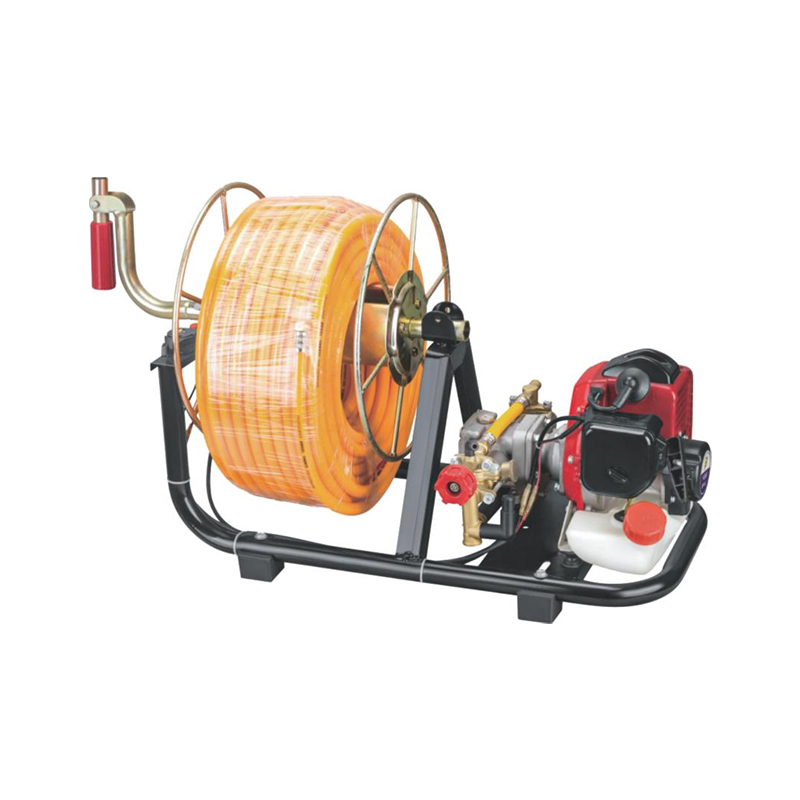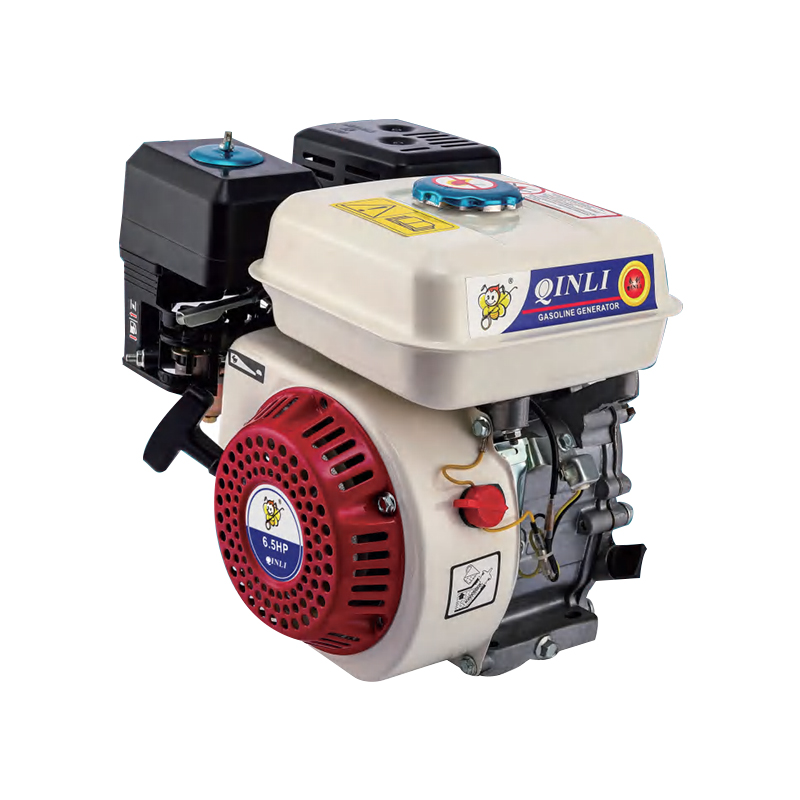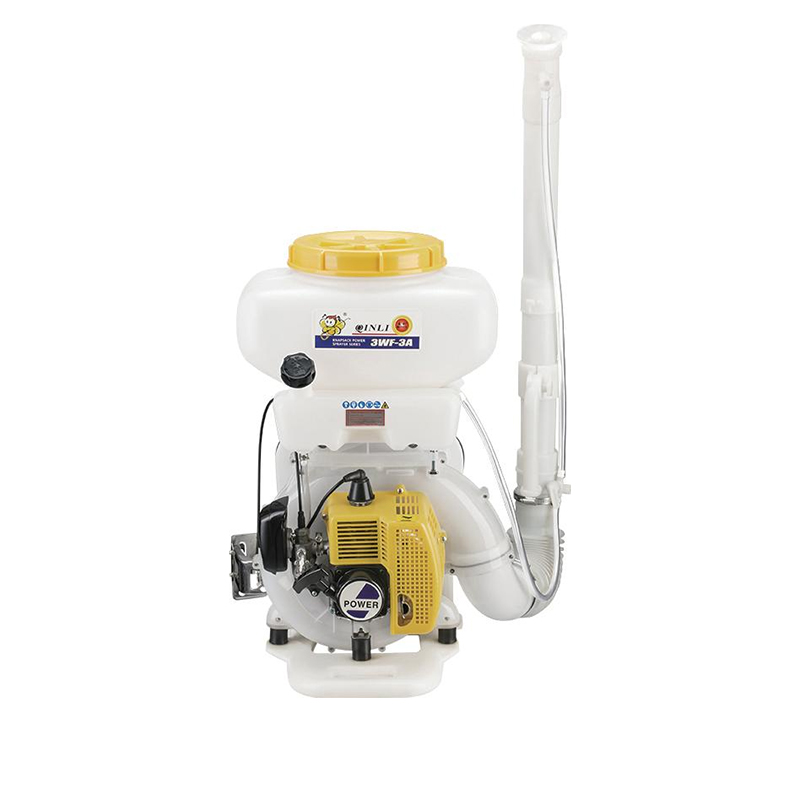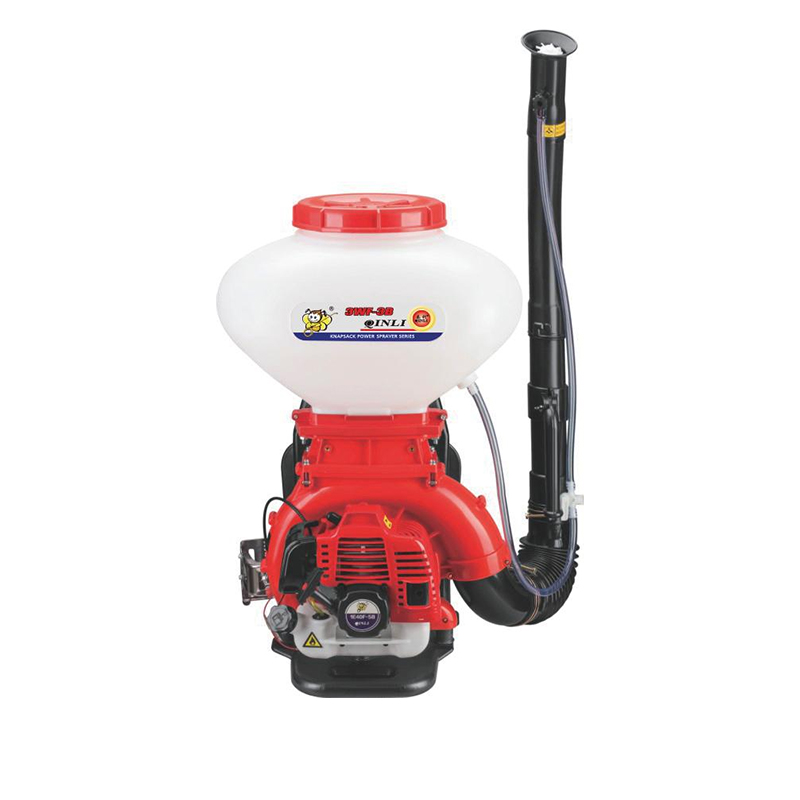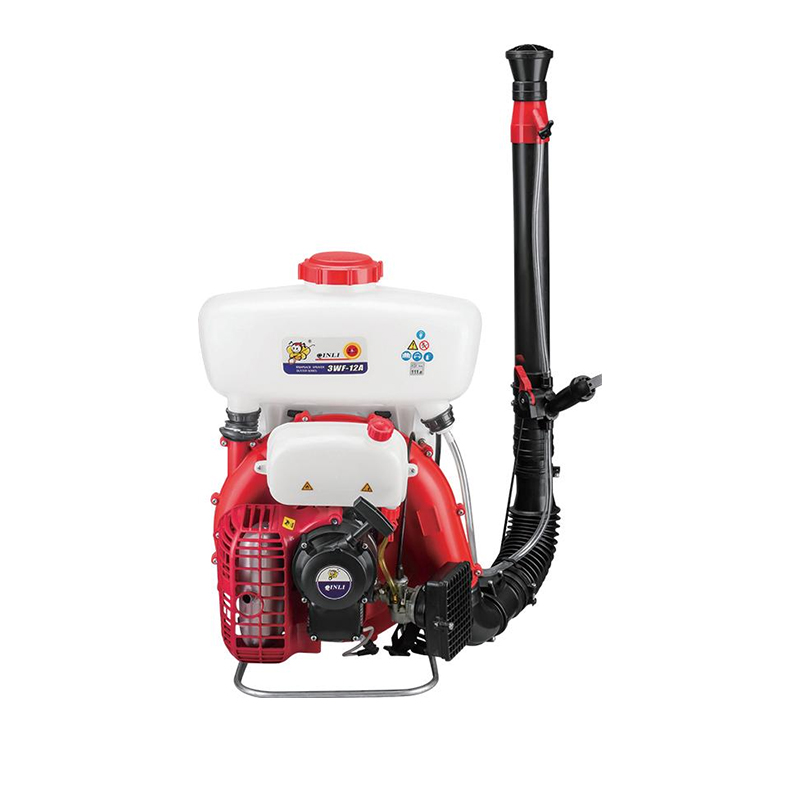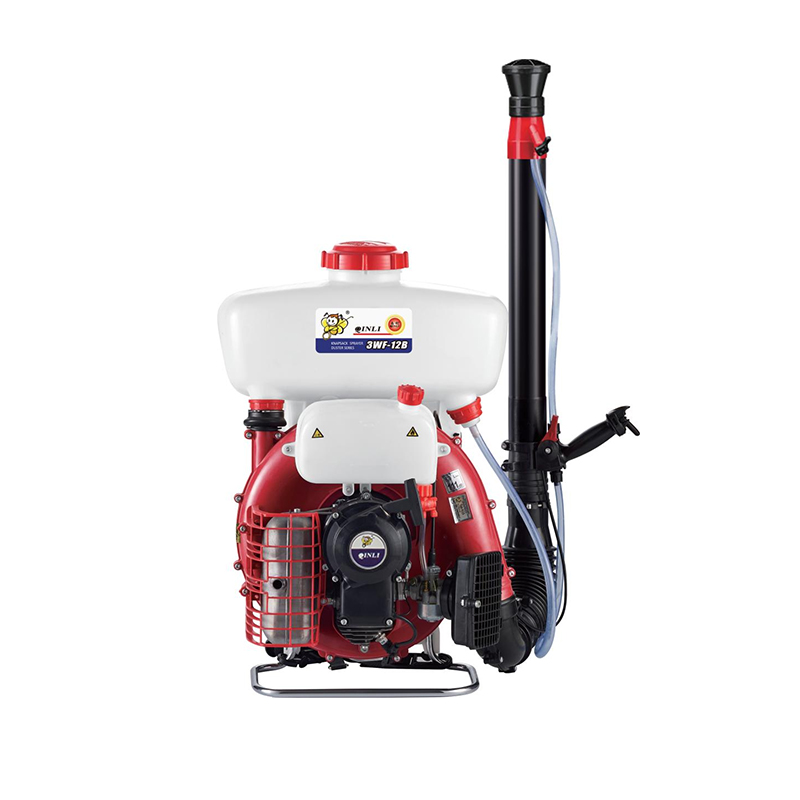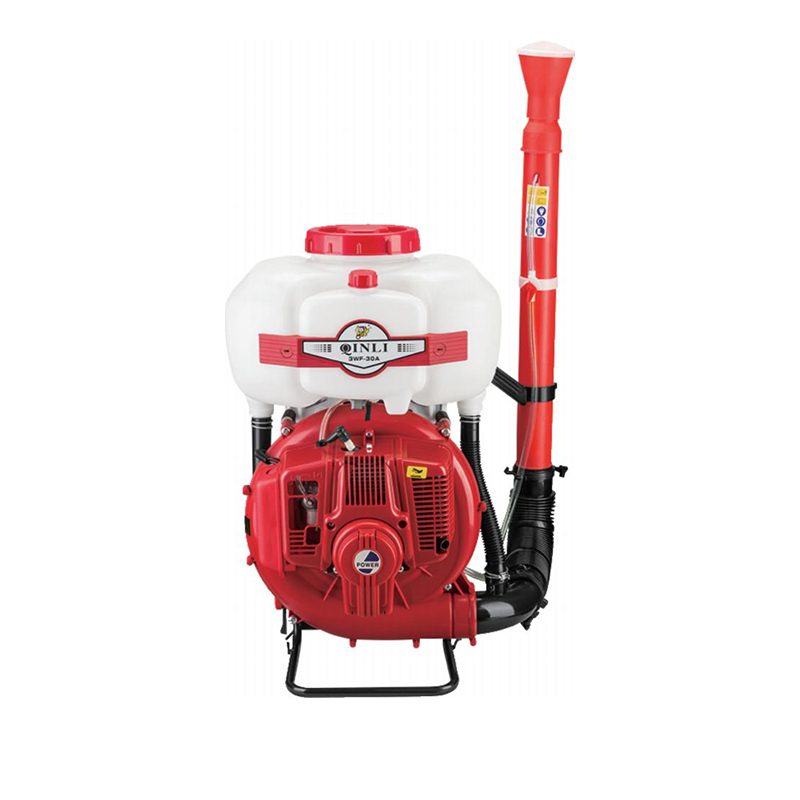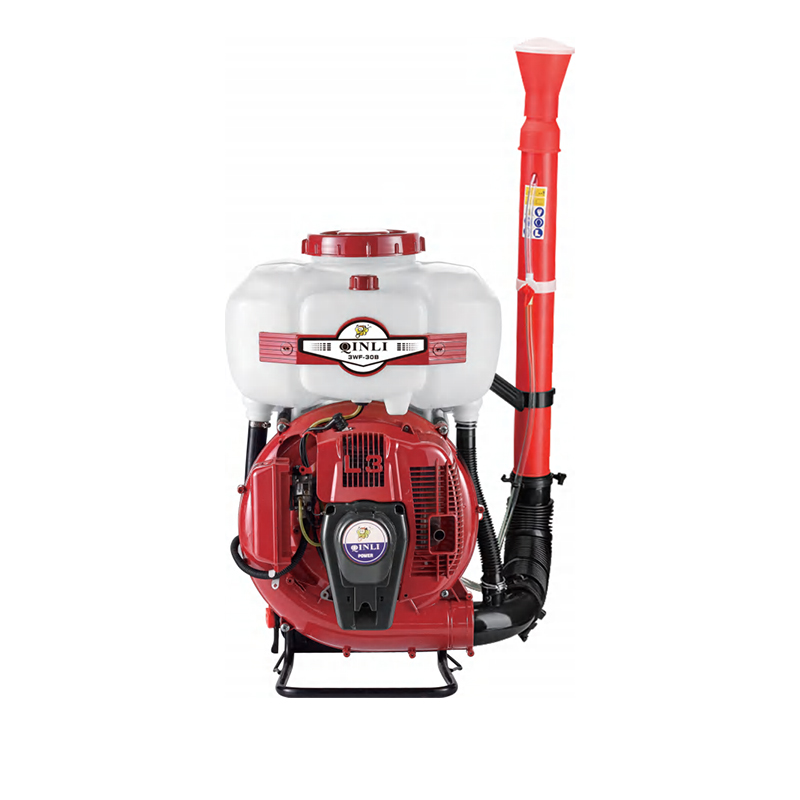Product Search
Efficient Crop Spraying Using Tractor Spray Machines
Agriculture has evolved significantly over the past few decades, with technology playing a pivotal role in increasing productivity and efficiency. One of the key advancements in mechanized farming is the use of tractor-mounted spray machines. These machines have transformed the way farmers manage crop protection, irrigation, and nutrient application, providing a more precise and efficient approach compared to traditional manual methods.
A tractor spray machine is essentially a system mounted on a tractor that is used to spray fertilizers, pesticides, herbicides, or water over crops. It consists of a tank to hold the liquid solution, a pump to generate pressure, and a series of nozzles that distribute the liquid evenly over the crop field. The system may also include a boom, which extends horizontally to cover a larger area, ensuring uniform application. This design allows farmers to manage large fields efficiently, reducing the labor required for spraying while maintaining consistent coverage.
One of the primary benefits of using a tractor spray machine is the significant improvement in spraying efficiency. Manual spraying often requires considerable effort and time, especially for medium to large-sized farms. Tractor-mounted systems allow farmers to cover extensive areas quickly, saving time and labor costs. Additionally, precise control over the amount of liquid applied ensures that crops receive the right quantity of chemicals or nutrients, small waste and reducing the risk of environmental contamination.
Modern tractor spray machines are designed with versatility in mind. Some models offer adjustable nozzles and variable pressure settings, allowing operators to adapt to different crops, field conditions, and types of chemicals. For example, delicate crops may require a finer spray, while sturdier plants can tolerate larger droplets. The boom height can also be adjusted to target specific plant heights, enhancing the efficiency of spraying operations.
Safety and environmental considerations are another important aspect of tractor spray machines. By automating and controlling the spraying process, these machines reduce direct exposure of operators to potentially harmful chemicals. Moreover, accurate application reduces the likelihood of chemical runoff into surrounding soil or water sources, supporting sustainable farming practices. Many modern systems are equipped with sensors and GPS guidance, allowing for precise targeting and small overlap or missed areas during spraying.
Maintenance and operational simplicity are essential factors that contribute to the widespread adoption of tractor spray machines. Regular cleaning of nozzles and tanks, along with periodic checks on the pump and hoses, ensures good performance and longevity. more machines are designed to be user-friendly, with straightforward controls and easy access to key components for maintenance tasks.
In addition to traditional chemical spraying, tractor spray machines are increasingly being used for foliar fertilization and irrigation purposes. Foliar spraying allows nutrients to be absorbed directly through the leaves, offering an efficient method of supplementing soil-based nutrition. Some farmers also use these systems for water spraying during dry periods, ensuring even distribution of moisture across the field.
In conclusion, agriculture tractor spray machines have become indispensable tools in modern farming. They enhance productivity, ensure precise application of chemicals and nutrients, and reduce labor requirements.
Recommended Products
- CONTACT DETAILS
-
- +86-13857697898
- +86-576-88121879
- export@qinlisprayer.com
- 18 Yanhai, sanjia Street, Jiao Jiang Dis, Taizhou city, Zhejiang, China
 Download Sample
Download Sample
- PRODUCT CENTER
- SEND A MESSAGE



 English
English  中文简体
中文简体  Español
Español  عربى
عربى 